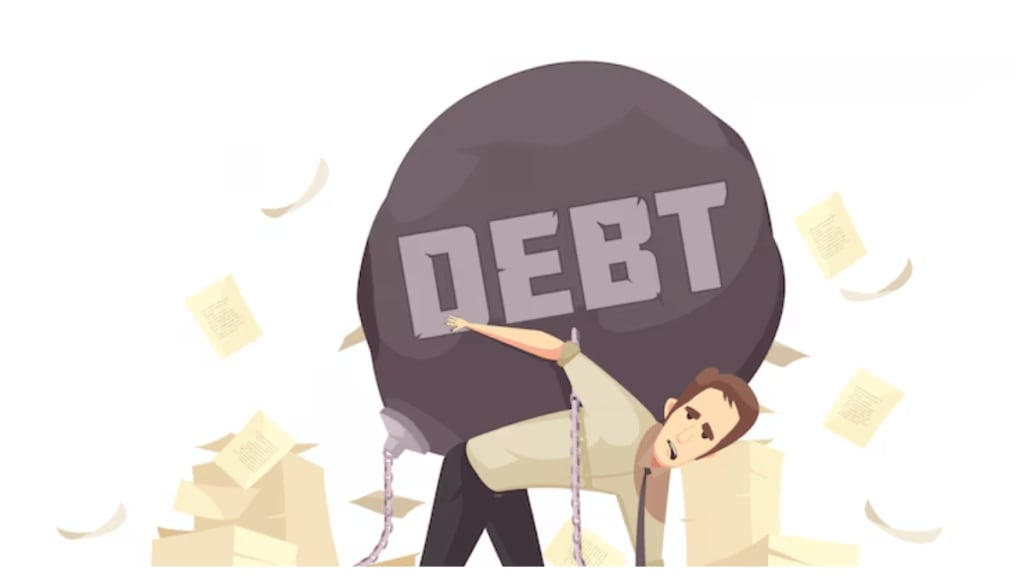A Reddit user recently shared a personal account of being stuck in a spiral of lifestyle debt — a story that struck a chord with thousands of young Indians. The post, which begins with a dramatic quote the user admits they initially dismissed, goes on to narrate how a single decision—buying a phone on EMI—set off a chain of financial decisions that spiraled out of control.
The user’s first encounter with debt started with a seemingly manageable EMI of ₹2,099. But soon came a credit card, impulsive spending, and a ₹13,000 monthly payment cycle just to stay afloat. “It wasn’t building anything,” the user wrote, capturing the frustration of making payments without creating wealth or value.
What began as convenience quickly turned into a psychological trap. The user explains how they stayed stuck in a job they hated—not because of ambition, but because they couldn’t afford to leave. “The bank just wanted its EMI,” the post reads, a sentiment echoed by many others in the thread.
Lifestyle debt, not loans, is the silent burden
The post draws a sharp distinction between debt that builds (like a home or education loan) and lifestyle debt, which offers temporary satisfaction at the cost of long-term stress. “Comfort now in exchange for panic later” is how the user describes it. This mirrors a growing trend in India, where easy credit, EMIs, and buy-now-pay-later schemes are aggressively marketed to youth.
Between social media pressure and peer comparison, young people often find themselves making financial choices that feel urgent — but end up being damaging. With the average starting salary for many fresh graduates in India still hovering between ₹20,000 to ₹30,000, taking on EMIs of ₹10,000 or more for gadgets, vacations, or luxury brands becomes unsustainable fast.
Don’t normalize it, say those who’ve lived it
The final message is clear: if you’re in your 20s and already in debt, don’t make peace with it. Financial freedom is not just about saving — it’s about having the freedom to leave a toxic job, change cities, or say no. The user ends with a powerful reminder: “There’s no worse feeling than being stuck in a job or a city you hate, just because Bajaj EMI won’t let you breathe.”

